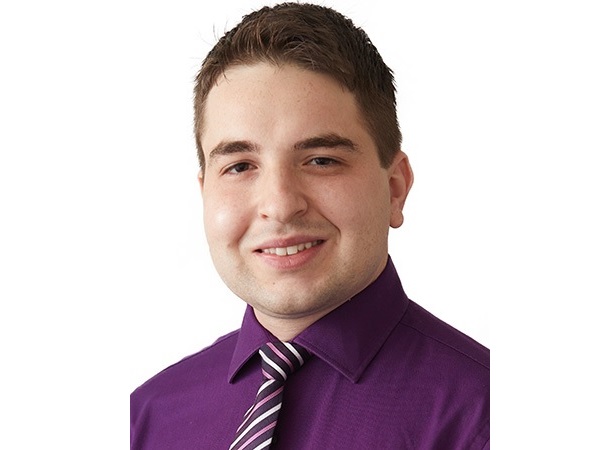As I See It
Wisconsin’s long-term population trends matter more than temporary unemployment payments

We’ve heard a lot of talk lately about workforce-related challenges. Most notably, numerous states have now opted out of the federal government’s $300-per-week bonus unemployment payments.
Policymakers have done so in response to a tightening job market and complaints from employers about a lack of job applicants.
Policymakers, employers and the public should be engaged in discussions about how to best design unemployment insurance programs.
But, this temporary boost to unemployment payments has attracted so much attention that it could distract us from the bigger picture. In Wisconsin, we should be paying far more attention to a long-term squeeze on the state’s workforce and economy: the slow rate of population growth.
According to the U.S. Census Bureau, Wisconsin ranked 34th among the 50 states in its population growth rate over the past 10 years. Meaning: two-thirds of the states increased their population at a faster rate than Wisconsin.
Additionally, nearly half of Wisconsin’s population growth over the last decade occurred in Dane County alone, leaving much of the state either stagnant or in decline.
A slow-growing Wisconsin means an aging Wisconsin, which means that there are fewer people entering the workforce and fewer people available to work.
So let’s debate unemployment insurance policies. But long after the extra unemployment benefits have expired in early September, the lack of growth in Wisconsin’s working-age population will remain a problem.
Can Wisconsin be economically competitive when so many other states are growing their population at a faster rate?
Keep your eye on the big picture. Sluggish population growth threatens to be a long-term drag on Wisconsin’s economy. As a state, we must engage in serious and sustained efforts to address this problem.

